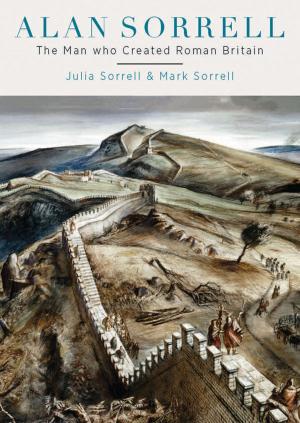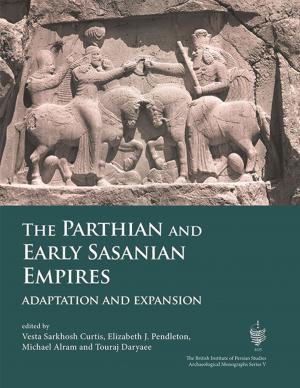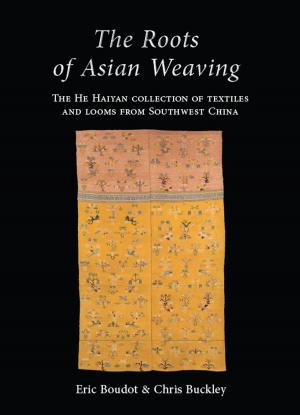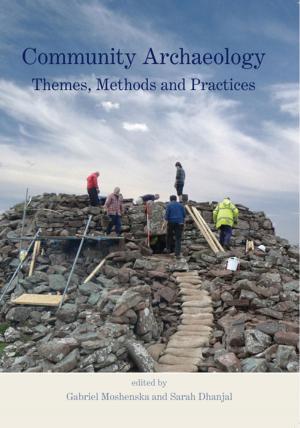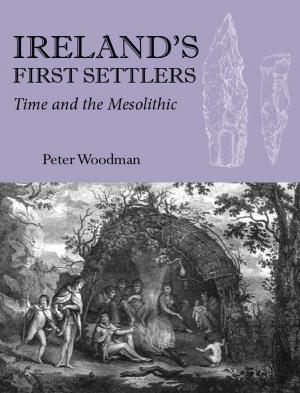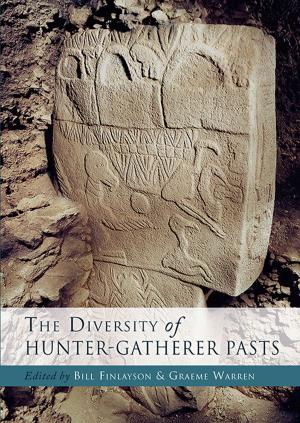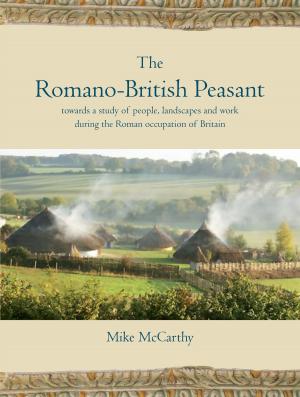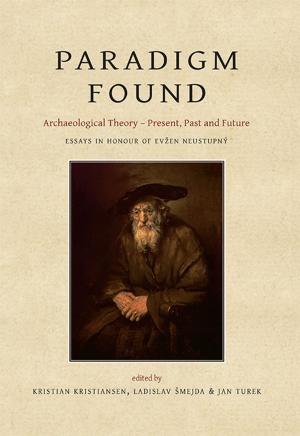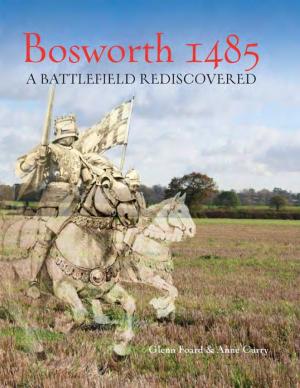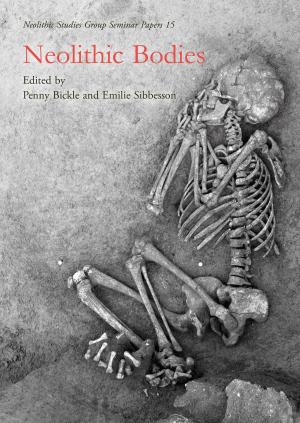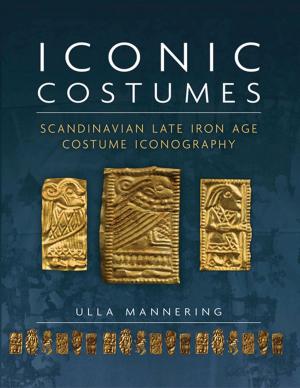| Author: | Timothy Howe, Sabine Müller, Richard Stoneman | ISBN: | 9781785703003 |
| Publisher: | Oxbow Books | Publication: | November 30, 2016 |
| Imprint: | Oxbow Books | Language: | English |
| Author: | Timothy Howe, Sabine Müller, Richard Stoneman |
| ISBN: | 9781785703003 |
| Publisher: | Oxbow Books |
| Publication: | November 30, 2016 |
| Imprint: | Oxbow Books |
| Language: | English |
In the ancient Greek-speaking world, writing about the past meant balancing the reporting of facts with shaping and guiding the political interests and behaviours of the present. Ancient Historiography on War and Empire shows the ways in which the literary genre of writing history developed to guide empires through their wars. Taking key events from the Achaemenid Persian, Athenian, Macedonian and Roman ‘empires’, the 17 essays collected here analyse the way events and the accounts of those events interact. Subjects include: how Greek historians assign nearly divine honours to the Persian King; the role of the tomb cult of Cyrus the Founder in historical narratives of conquest and empire from Herodotus to the Alexander historians; warfare and financial innovation in the age of Philip II and his son, Alexander the Great; the murders of Philip II, his last and seventh wife Kleopatra, and her guardian, Attalos; Alexander the Great’s combat use of eagle symbolism and divination; Plutarch’s juxtaposition of character in the Alexander-Caesar pairing as a commentary on political legitimacy and military prowess, and Roman Imperial historians using historical examples of good and bad rule to make meaningful challenges to current Roman authority. In some cases, the balance shifts more towards the ‘literary’ and in others more towards the ‘historical’, but what all of the essays have in common is both a critical attention to the genre and context of history-writing in the ancient world and its focus on war and empire.
In the ancient Greek-speaking world, writing about the past meant balancing the reporting of facts with shaping and guiding the political interests and behaviours of the present. Ancient Historiography on War and Empire shows the ways in which the literary genre of writing history developed to guide empires through their wars. Taking key events from the Achaemenid Persian, Athenian, Macedonian and Roman ‘empires’, the 17 essays collected here analyse the way events and the accounts of those events interact. Subjects include: how Greek historians assign nearly divine honours to the Persian King; the role of the tomb cult of Cyrus the Founder in historical narratives of conquest and empire from Herodotus to the Alexander historians; warfare and financial innovation in the age of Philip II and his son, Alexander the Great; the murders of Philip II, his last and seventh wife Kleopatra, and her guardian, Attalos; Alexander the Great’s combat use of eagle symbolism and divination; Plutarch’s juxtaposition of character in the Alexander-Caesar pairing as a commentary on political legitimacy and military prowess, and Roman Imperial historians using historical examples of good and bad rule to make meaningful challenges to current Roman authority. In some cases, the balance shifts more towards the ‘literary’ and in others more towards the ‘historical’, but what all of the essays have in common is both a critical attention to the genre and context of history-writing in the ancient world and its focus on war and empire.

